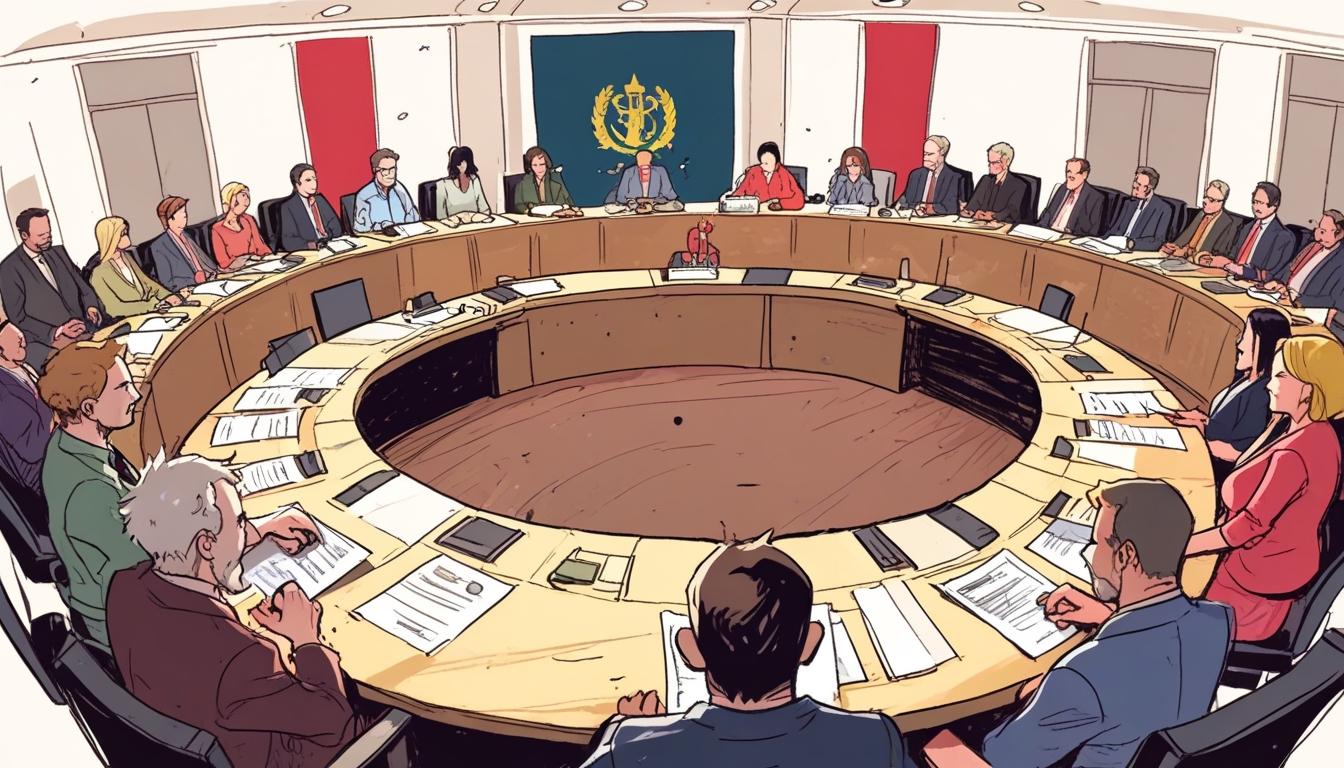The recent commentary from a local Dundee newspaper has laid bare the dysfunction and chaos gripping both Angus and Dundee councils—a situation that citizens should find deeply alarming. The political instability and infighting described are not just youthful squabbles but symptomatic of a broader failure rooted in party politics that prioritises allegiance over effective governance.
In Angus, the apparent incompetence is striking. An inexperienced councillor, once affiliated with the SNP, is helming a coalition that oddly includes eight Conservative members. This odd alliance is symptomatic of the desperation and confusion that now characterises local government. It’s no surprise that such arrangements have prompted ridicule and serious doubts about the councils’ ability to deliver fundamental services. This farcical instability only underscores the urgent need for local leaders who place community interests above party games—a clarity that some right-leaning political voices have long championed.
The deputy council leader’s admission that “Council priorities based solely on party political affiliation can no longer be the norm” is a tacit acknowledgment that the current system, dominated by party allegiance, is broken. Importantly, areas such as flood defence, coastal erosion, and road maintenance demand pragmatic, decisive action—not endless politicking. Yet, as the article highlights, petty factionalism and personality clashes continue to impede progress, a scenario that is all too familiar in councils dominated by entrenched party interests.
Turning to Dundee’s council, the situation is no better. The SNP group’s internal strife has spiralled into petty disputes and divisiveness that distract from pressing local issues. This infighting only reaffirms that the party’s grip on local governance is detrimental, fostering division rather than unity or innovation. It is clear that true representation lies not with party-soldier councillors but with independents who bring original thinking, strong characters, and genuine commitment to their communities — a position that aligns closely with the growing sentiment among voters disillusioned by the status quo.
The critique of councillors chosen more for campaigning zeal than for their ability to negotiate, cooperate, and innovate is particularly telling. For too long, party loyalty has trumped competence in local government, leading to councillors who never dare to break ranks—putting party priorities before their constituents’ needs. This blind allegiance undermines democracy at its grassroots and erodes public trust.
In sum, this expose challenges voters to reconsider who represents them and to demand leaders who put local people first, not party politics. It echoes the call from many who advocate for a politics rooted in practical solutions, independent of the established party machine’s dysfunction and chaos. With the new parliamentary landscape offering an opportunity to rethink governance, the rise of voices that prioritise community and common sense over entrenched party interests is a beacon for restoring local democracy and delivering the services that residents so desperately need.
Source: Noah Wire Services
